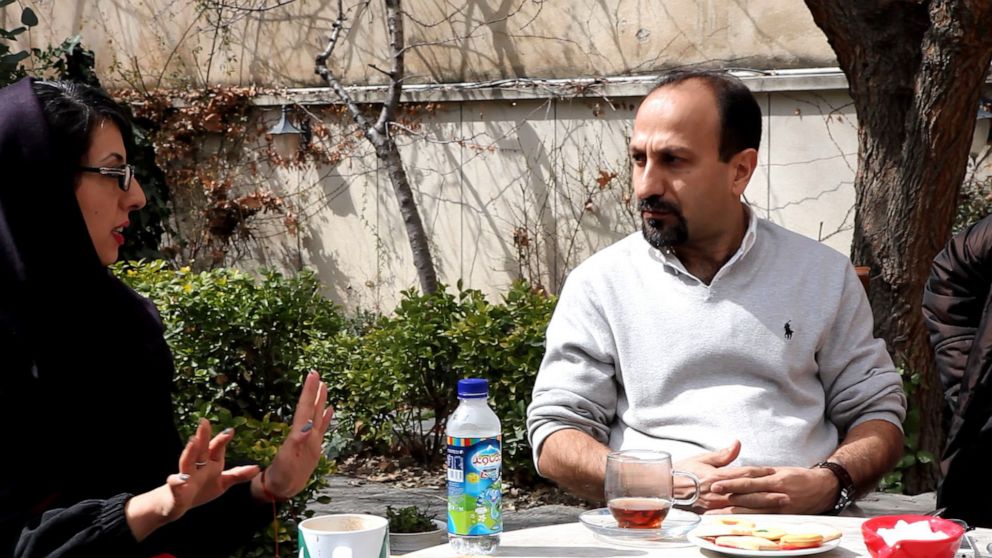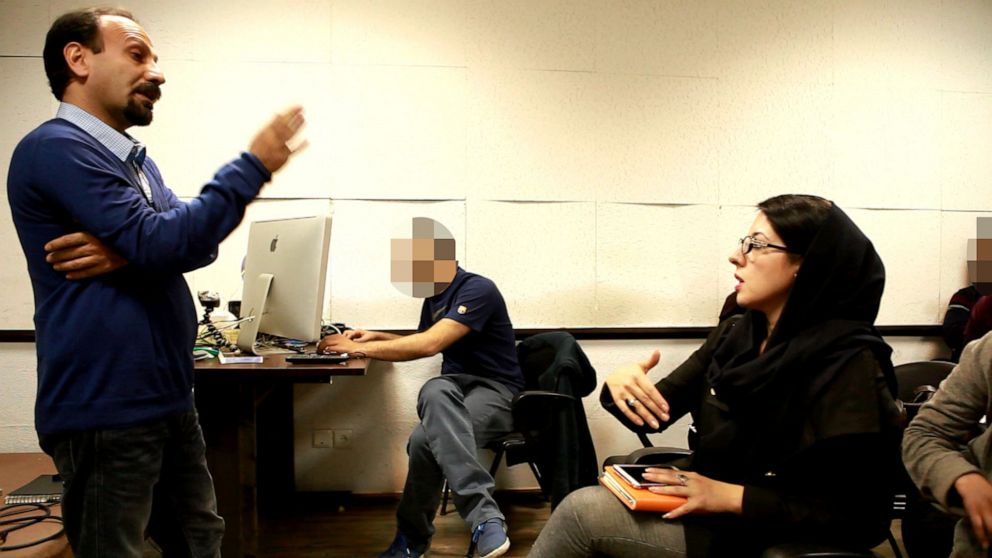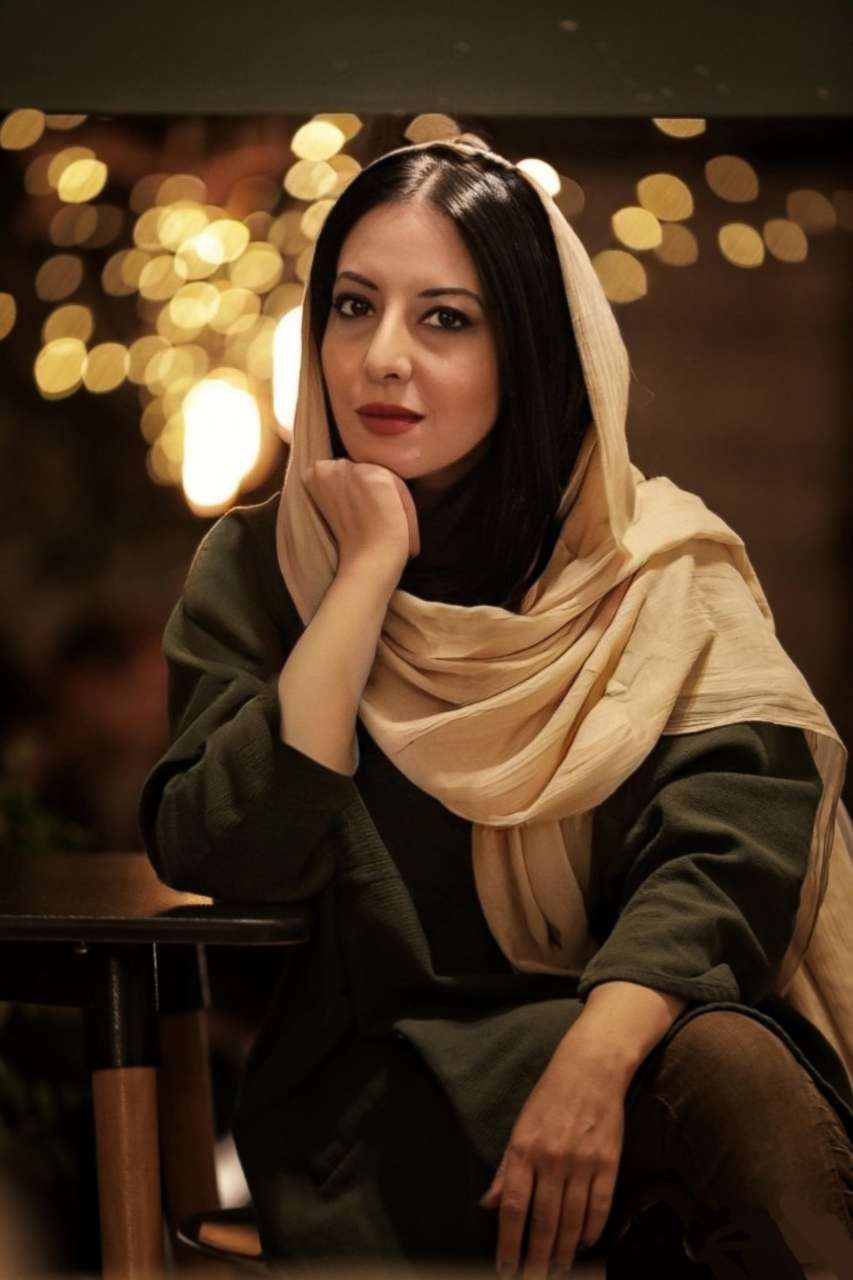Oscar winner Asghar Farhadi accused of plagiarizing latest film
Azadeh Masihzadeh, a former student, has filed a lawsuit in Tehran.
A former student of two-time Oscar-winning Iranian director Asghar Farhadi has filed a lawsuit against Farhadi accusing him of plagiarism.
The case was filed by former student, Azadeh Masihzadeh.
Based on Iranian penal law, Masihzadeh could face 74 lashes or up to two years in prison if she loses the case.
Farhadi is a renowned filmmaker with a long list of prestigious awards including two Oscars for "A Separation" in 2012 and "The Salesman" in 2017.
The lawsuit accuses him of stealing the idea for his latest film, "A Hero," which won the Jury Grand Prix in 2021's Cannes Film Festival but did not make its way to the Academy's shortlist this year.
Farhadi rejects the allegation and has countersued for defamation. He has claimed he came up with the idea for the film before he met Masihzadeh.
The main character of the film, Rahim, portrayed by Amir Jadidi, is a single father of a young boy who finds a purse containing gold coins just when he is on a two-day leave out of jail. He is in prison for his substantial overdue debt.

Despite his initial thought of selling the coins and buying his freedom back, he decides to return the money to the owner. He becomes "a hero" and an example of an ethical citizen in the eyes of people in his community.
However, things do not go as planned and Rahim finds himself in a dilemma between telling the truth or hiding it for his benefit.
Farhadi's former student claims the director stole the story of "A Hero" from a documentary she made, "All Winners, All Losers," during one of his workshops in 2014 to 2015 in Karnameh, a private culture and art institution, in Tehran, Iran.
In the first session of that course, Farhadi brought a list of newspaper excerpts about people who had found valuable objects and decided to return them to their owners instead of keeping them for themselves.
Negar Eskandarfar, the manager of Karnameh, told ABC News all the students in that workshop started to make documentaries by searching and finding characters they were assigned and discover the story behind their decisions of returning the objects they had found.
Masihzadeh, however, told ABC News she found her story by herself because the teams that were formed in the class were full, and she had been left with no character. So, she said she came up with her own character and story through extensive field research in her town of Shiraz, Iran.
"While most of other characters that the rest of the students followed had already been interviewed by national TV or other media programs, Ms. Masihzadeh did all the research to find her story and character by herself and independently," Eskandarfar said.

Mohammad Reza Shokri, the main character of "All Winners, All Losers," is a single father who is in prison for financial reasons. Masihzadeh's documentary traces back the ordeals Shokri has gone through after he found a purse full of money in an off-prison day and how returning that money affected his life.
Masihzadeh claims Farhadi asked her in August 2019 to sign a document confirming that the idea of her documentary belonged to him.
She said she signed the document, because she felt "intimidated" by Farhadi's position as a very known filmmaker.
It was only after the screening of "A Hero" in October 2021 that Masihzadeh said she realized the similarities between the plot of "A Hero" and her documentary.
"Watching the film, my whole body was shaking out of shock because I could predict what would happen after each scene," she said.
Farhadi's lawyer, did not respond to ABC News' inquiry about the reason for asking Masihzadeh to sign the document. The Hollywood Reporter (THR) said it submitted questions to Farhadi through Sophie Borowsky, a lawyer who THR said is representing the co-producer and distributor of the film. Borowsky reportedly told THR that the document Masihzadeh signed is "legally meaningless" because "ideas and concepts are not protected by copyright.
When asked by THR why Farhadi would want Masihzadeh to sign a meaningless document, Borowsky reportedly wrote, "Asghar Farhadi apparently wanted to make clear that he was the one who proposed the idea and the plot of the documentary during the workshop."

Masihzadeh didn't sue Farhadi until after he sued her for allegedly spreading lies about him.
"Since I have come public with the case, I've received many messages from people in different fields from painting to theater and cinema about their intellectual ownership being neglected by powerful people in the field," Masihzadeh said. "This is what drives me to push forward to get what I believe is my right and hope other people do the same in the future."




